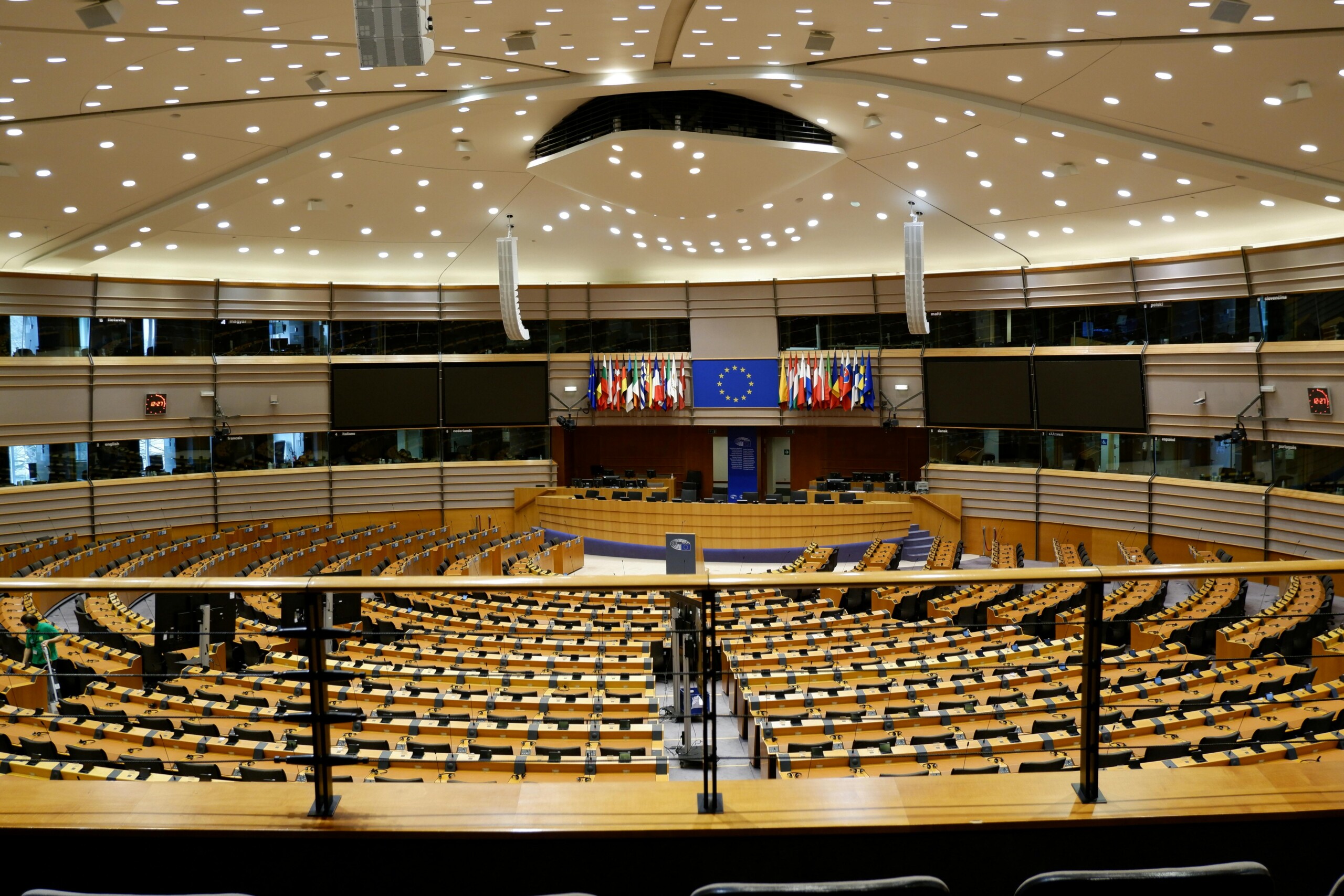The European Parliament has taken a significant step forward by voting in favour of adopting the Corporate Sustainability Due Diligence Directive (CSDDD), a groundbreaking legislative measure compelling companies to address their adverse impacts on human rights and the environment. This landmark decision comes after earlier versions of the law faced uncertainty due to lack of approval from EU Council Member States. The Parliament’s adoption of the revised CSDDD concludes a 4-year process initiated by studies conducted by the European Commission in 2020. These studies explored directors’ duties, sustainable corporate governance, and due diligence requirements in the supply chain.

The CSDDD will be implemented gradually over 5 years:
- 2027: companies with 5,000 employees and €1,500 million turnover will be impacted
- 2028: companies with 3,000 employees and €900 million turnover will be impacted
- 2029: companies with 1,000 employees and €450 million turnover will be impacted
The directive also requires companies to align with the Paris Agreement’s goal of limiting global warming to 1.5°C, mandating member states to establish supervisory authorities to enforce penalties on non-compliant firms. Moreover, it introduces provisions facilitating stakeholder lawsuits against companies failing to conduct adequate due diligence.
Several multinational corporations, including TotalEnergies, EDF, and Suez, have already faced legal challenges spotlighting their shortcomings in upholding human rights and environmental standards throughout their value chains. For instance, in the Total Climate case, TotalEnergies stands accused by associations and local authorities of neglecting climate risks. Similarly, the EDF Mexico case revolves around the energy company’s failure to engage with local communities in a wind project in Mexico, potentially resulting in human rights violations. Meanwhile, Suez is under scrutiny for its involvement in contaminating the water network in Osorno, Chile, with hydrocarbons. These cases underscore the importance for corporations to prioritize responsible practices, highlighting the value of thorough due diligence and proactive sustainability measures.
What about the CSRD?
The Corporate Sustainability Reporting Directive (CSRD) and the CSDDD are two sides of the same coin, sharing the objective of promoting sustainability and corporate responsibility within the European Union. On the one hand, the CSRD focuses on enhancing corporate transparency and accountability through non-financial reporting on social, environment, and governance (ESG) factors. The CSDDD, on the other hand, mandates companies to conduct due diligence to identify, prevent, and mitigate adverse impacts on human rights and the environment throughout their operations and supply chains. Together, these directives contribute to the EU’s broader sustainability agenda by promoting transparency, accountability, and responsible business practices among companies operating within the EU.

Companies subject to the CSDDD must define a transition plan aligned with limiting the temperature rise to 1.5°C. Progress must be discussed and the plan updated at least every 12 months. In concrete terms, this transition plan must include the following elements:
- Near-term science-based climate targets for scope 1, 2, and 3 emissions by 2030, followed by new 5-year targets thereafter;
- Long-term science-based climate targets for scope 1, 2, and 3 emissions by 2050;
- Overview of decarbonization levers and key actions planned to achieve these targets;
- Information (including numbers) on investments required to implement the transition plan;
- Description of the governance of the plan and the role of the different administrative, supervisory, and management bodies of the company;
- Progress so far in regard to the implementation of the plan.
Companies disclosing a transition plan as requested in CSRD whereby the ambition level is 1.5°-aligned also fulfil these requirements. This means to additionally disclose:
- Calculation of locked-in emissions from long-lasting energy intensive assets and/or products and a comparison with the companies’ own target;
- Description of how the transition plan is embedded and aligned with the overall business strategy.
At Climact, we are committed to helping companies navigate the complexities of CSRD and CSDDD compliance. Leveraging our in-depth knowledge of regulatory frameworks and our expertise in developing transition plans, we provide expert advice to help companies navigate the evolving corporate sustainability landscape. Our tailored approach enables companies to adapt to evolving ESG considerations while promoting sustainable practices and mitigating risks. We offer a range of services including strategic assessments, customized implementation plans and ongoing support to ensure companies effectively meet their reporting and due diligence obligations.
Latest news & publications
-
Energy
Belgium’s evolving energy strategy : from nuclear phase-out to potential doubling
-
Legal & Regulatory Advisory
The Clean Industrial Deal (CID): a new era for European industry balancing competitiveness and sustainability
-
News
SBTi remains the most robust way to demonstrate a company 1.5°- aligned ambition